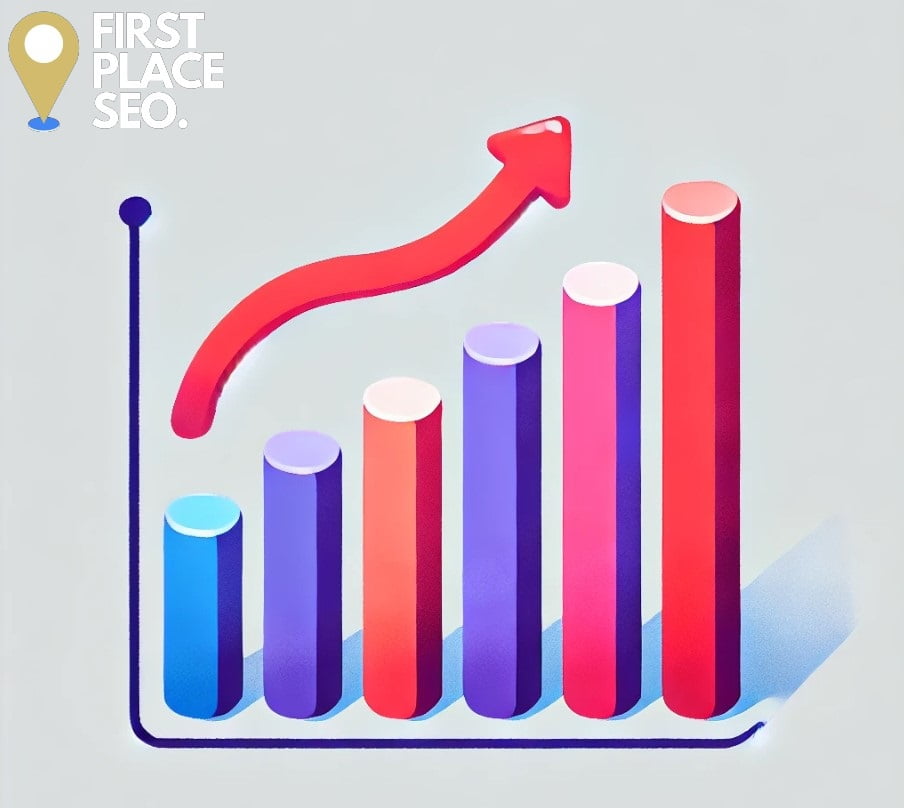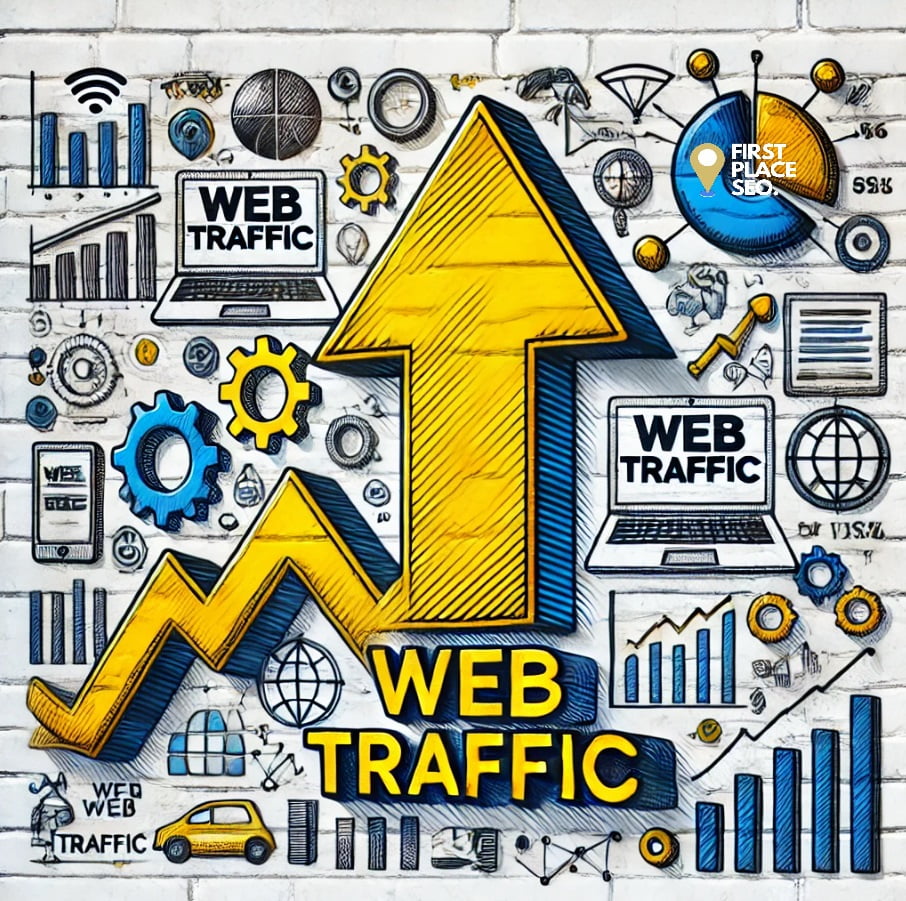How Can SEO Increase Web Traffic?
Search Engine Optimisation (SEO) can significantly increase web traffic by improving your website’s visibility in search engine results. By targeting specific keywords, optimising on-page elements, and building quality backlinks, SEO helps your site rank higher and attract more visitors. This article will explain the various strategies involved in using SEO to drive more traffic to your website.
Understanding SEO
Search Engine Optimisation (SEO) is the practice of enhancing web pages to rank higher on search engine results pages (SERPs). This involves using specific techniques and best practices to ensure that search engines can easily find and index your website content. The goal is to achieve higher rankings, which in turn leads to an increase in online traffic.
The Importance of Keyword Research
Keyword research is part the main part of SEO. It involves identifying the search terms and phrases that potential visitors use to find information related to your business. By targeting these keywords, you can create content that resonates with your audience and ranks well on search engines. This targeted approach is essential for improving your site’s position and increasing the number of visits.
On-Page SEO Techniques
On-page SEO refers to optimising individual web pages to rank higher and earn more relevant traffic. This includes:
- Content Optimisation: Creating high-quality, valuable content that addresses the needs and queries of your audience.
- Meta Tags: Writing compelling meta titles and descriptions that improve click-through rates from search engine results.
- URL Structure: Using clean and descriptive URLs that include targeted keywords.
- Internal Linking: Linking to other relevant pages on your website to enhance the user experience and help search engines understand your site’s structure.
- Image Optimisation: Using descriptive file names and alt tags for images to help them rank in image searches.

Technical SEO
Technical SEO involves optimising the backend of your website to ensure that search engines can crawl and index your pages effectively. Key elements include:
- Site Speed: Ensuring your website loads quickly, as slow sites can negatively impact rankings.
- Mobile-Friendliness: Making sure your site is responsive and performs well on mobile devices.
- XML Sitemaps: Creating and submitting sitemaps to search engines to facilitate the indexing process.
- Robots.txt: Using this file to control which parts of your site search engines can crawl.
Content Marketing
Content is a key element of SEO. By regularly publishing high-quality, relevant content, you can attract and retain a clearly defined audience. Content marketing involves:
- Blog Posts: Writing informative articles that answer common questions or provide valuable insights.
- Infographics: Creating visual content that is easy to understand and share.
- Videos: Producing engaging videos that can capture the attention of your audience.
- Guides and Ebooks: Offering in-depth resources that provide significant value to your readers.
Link Building
Link building is a crucial component of SEO. It involves acquiring backlinks from other reputable websites to your own. These backlinks act as votes of confidence, signalling to search engines that your content is valuable and trustworthy. Effective link-building strategies include:
- Guest Blogging: Writing articles for other websites in your industry and including links back to your site.
- Broken Link Building: Finding broken links on other sites and offering your content as a replacement.
- Outreach: Contacting influencers and industry leaders to share your content and request backlinks.
Local SEO
For businesses that operate on a local level, local SEO is essential. This involves optimising your online presence to attract more business from relevant local searches. Key practices include:
- Google My Business: Creating and optimising your profile to appear in local search results and Google Maps.
- Local Citations: Ensuring your business information is consistent across all local directories and platforms.
- Reviews and Ratings: Encouraging satisfied customers to leave positive reviews on your Google My Business profile and other review sites.
Social Media Integration
While social media signals do not directly impact search engine rankings, integrating social media into your SEO strategy can increase your content’s reach and drive more traffic to your site. Sharing your content on social platforms helps increase its visibility and encourages more people to visit your website.
Measuring SEO Success
To determine the effectiveness of your SEO efforts, it’s crucial to track and measure various metrics. Key performance indicators (KPIs) include:
- Organic Traffic: The number of visitors coming to your site from search engines.
- Bounce Rate: The percentage of visitors who leave your site after viewing only one page.
- Conversion Rate: The percentage of visitors who take a desired action, such as making a purchase or filling out a form.
- Keyword Rankings: The positions of your targeted keywords on search engine results pages.
Using tools like Google Analytics, Google Search Console, and various SEO software can help you monitor these metrics and adjust your strategy as needed.
Increasing Web Traffic with SEO
Implementing a comprehensive SEO strategy is essential for any business looking to increase web traffic. By focusing on keyword research, on-page and technical SEO, content marketing, link building, and local SEO, you can significantly boost your website traffic and achieve sustained organic traffic growth. Regularly monitoring your progress and adapting your strategy based on data will ensure continued success in the competitive online landscape.

